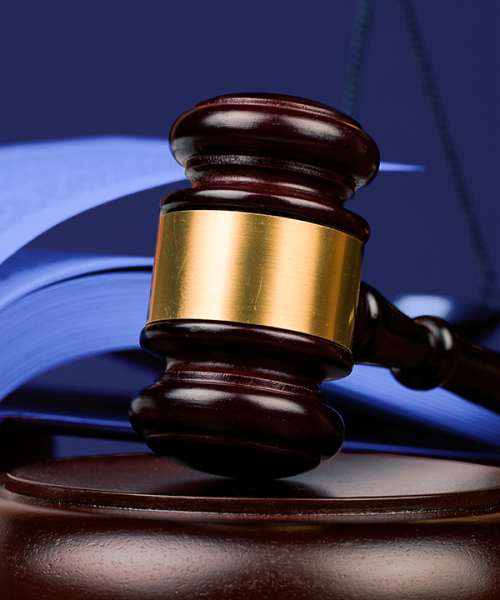Alternative Dispute Resolution (ADR) – Mediation, Arbitration, Neutral Assessment
What is Alternative Dispute Resolution (ADR) and is it for me?
Alternative Dispute Resolution (ADR) is a series of processes for resolving disputes without filing a lawsuit and without going through the court system. Thus, as the name suggests, it is an alternative to traditional litigation. For many people, avoiding litigation and staying out of court are ample incentives. But ADR also adds other benefits, generally being quicker and less expensive than litigation, and offering confidentiality. Simply put, if you are in a dispute with someone, and you both wish to minimize the costs in reaching a resolution, you should consider ADR. ADR may also be attractive when the parties do not want to damage their relationship with each other, as may be the case where a continuing business relationship exists or where the parties are family members, friends or business partners.
Resolving civil disputes through Alternative Dispute Resolution
Many of our clients’ civil, commercial, business and family law disputes can be resolved without litigation through various ADR options. Mr. Tobia’s years of experience allow him to understand creative solutions to resolve matters in a way that everyone can accept and that will avoid unnecessary burdens, including the expense, stress and risks inherent in litigation.
Mediation
In mediation, an impartial person called a “mediator” helps the parties try to reach a mutually acceptable resolution of the dispute. Mr. Tobia will use ADR techniques to attempt to produce a resolution to disputes through a negotiated agreement. In contrast, in litigation and arbitration, a result is imposed on the parties. Mr. Tobia is available for mediations in civil, commercial, business and family law disputes. Mr. Tobia is a trained and Certified Mediator through the Superior Court for the State of Delaware. He combines a diverse base of experience and a practical conciliatory approach to problems facing the parties, with his reassuring presence and reasonable cost-effective pricing. Mediation may be particularly useful when parties have a relationship they want to preserve, as may be the case when family members, neighbors, or business partners have a dispute. Mediation can also be an effective device when emotions are getting in the way of resolution.
Arbitration
Put simply, you and your opponent present your case and Mr. Tobia will decide it.
In arbitration, a neutral person called an “arbitrator” hears arguments and evidence from each side and then decides the outcome of the dispute. Arbitration is less formal than a trial, and the rules of evidence are often relaxed. Arbitration may be either “binding” or “nonbinding.” Binding arbitration means that the parties waive their right to a trial and agree to accept the arbitrator’s decision as final. Generally, there is no right to appeal an arbitrator’s decision. Nonbinding arbitration means that the parties are free to request a trial if they do not accept the arbitrator’s decision.
Neutral Assessment
In neutral assessment or neutral evaluation, each party would present the case to Mr. Tobia, acting as a neutral “evaluator.” The evaluator then gives an opinion on the strengths and weaknesses of each party’s evidence and arguments and about how the dispute could be resolved. Although the evaluator’s opinion is not binding, the parties typically use it as a basis for trying to point a way toward a negotiated resolution of the dispute. In these instances, an evaluation of the dispute that seeks to determine best and worst case alternatives often can point the way to a negotiated agreement.
To schedule an initial consultation – email to info@tobialaw.com or call the firm’s Wilmington office directly at (302) 655-5303.


